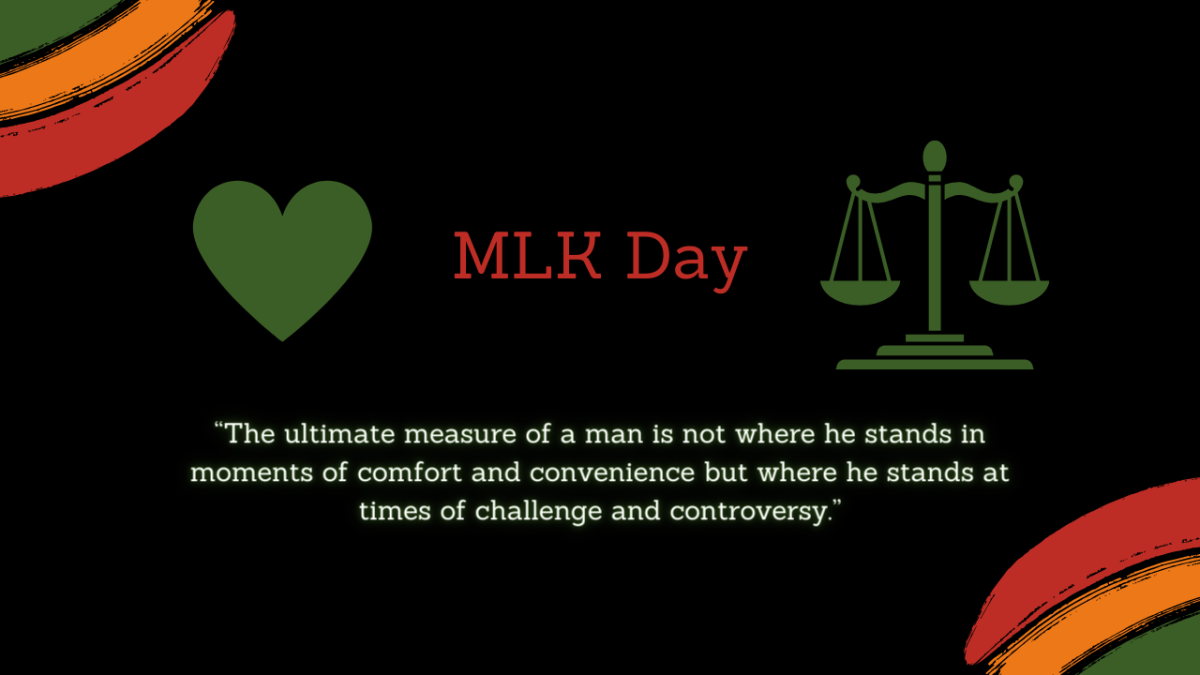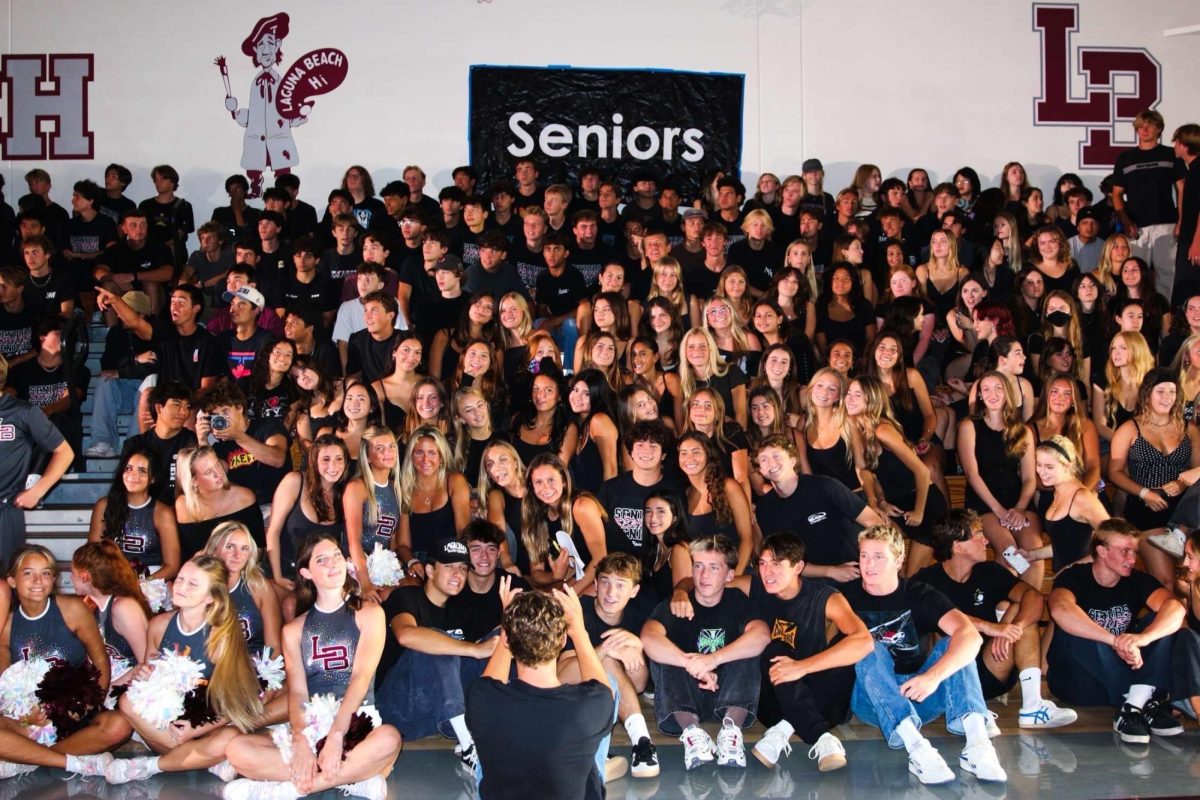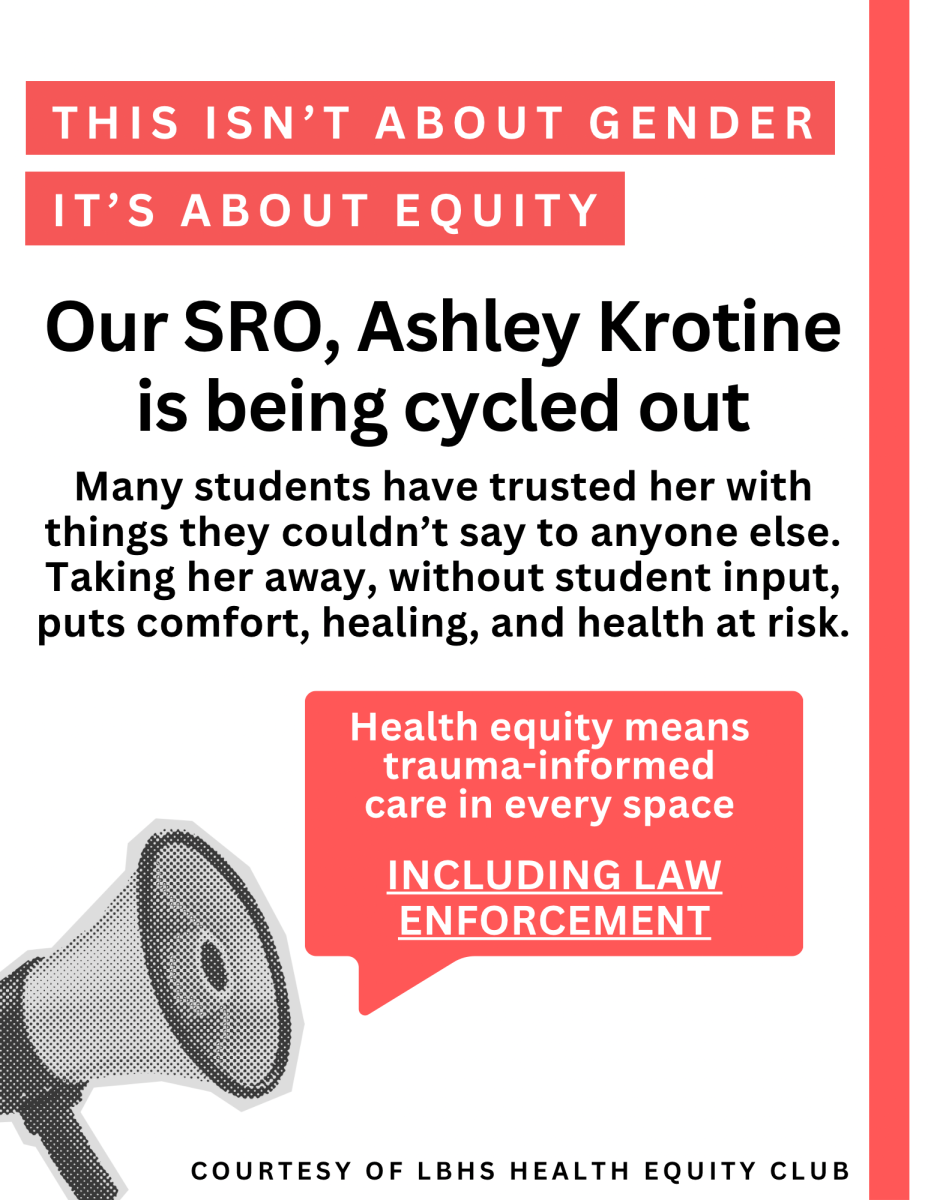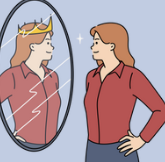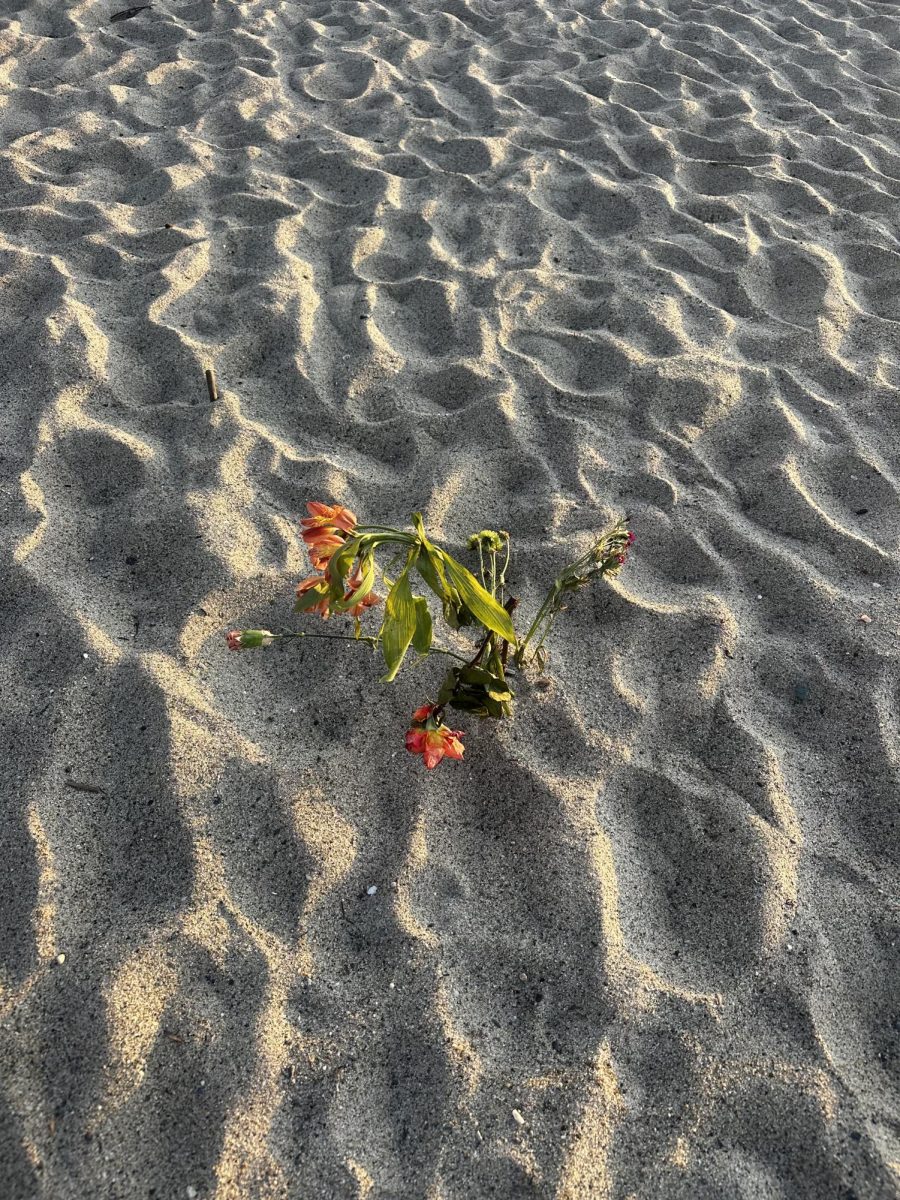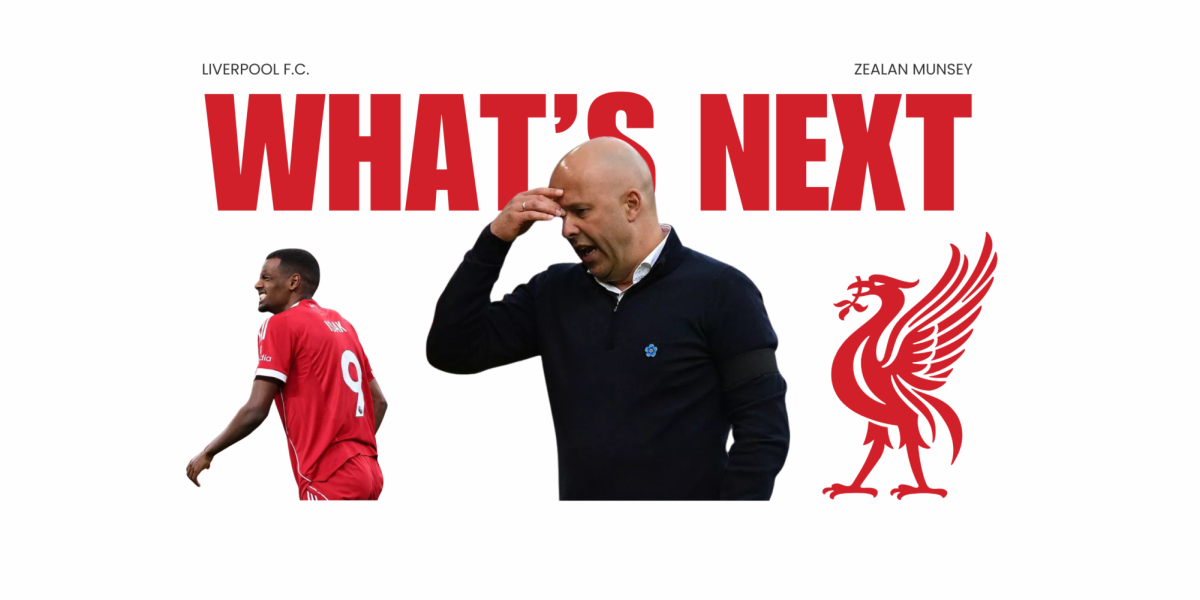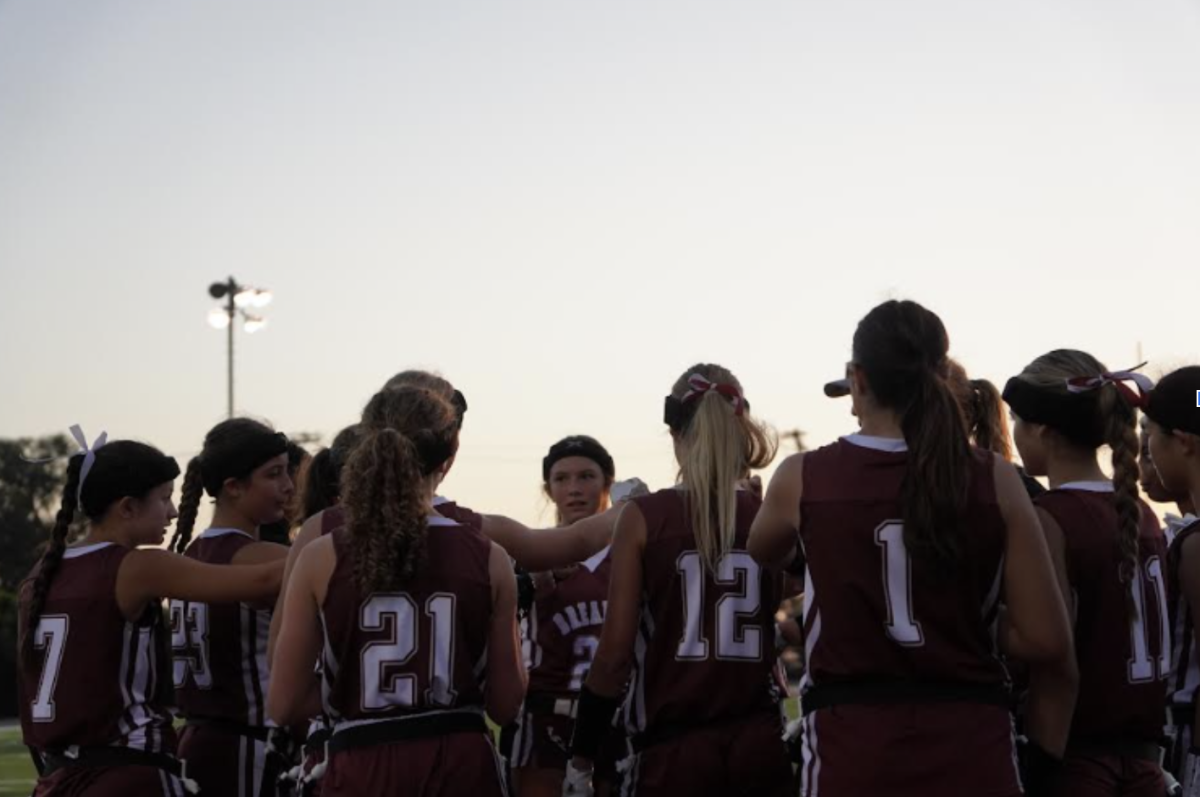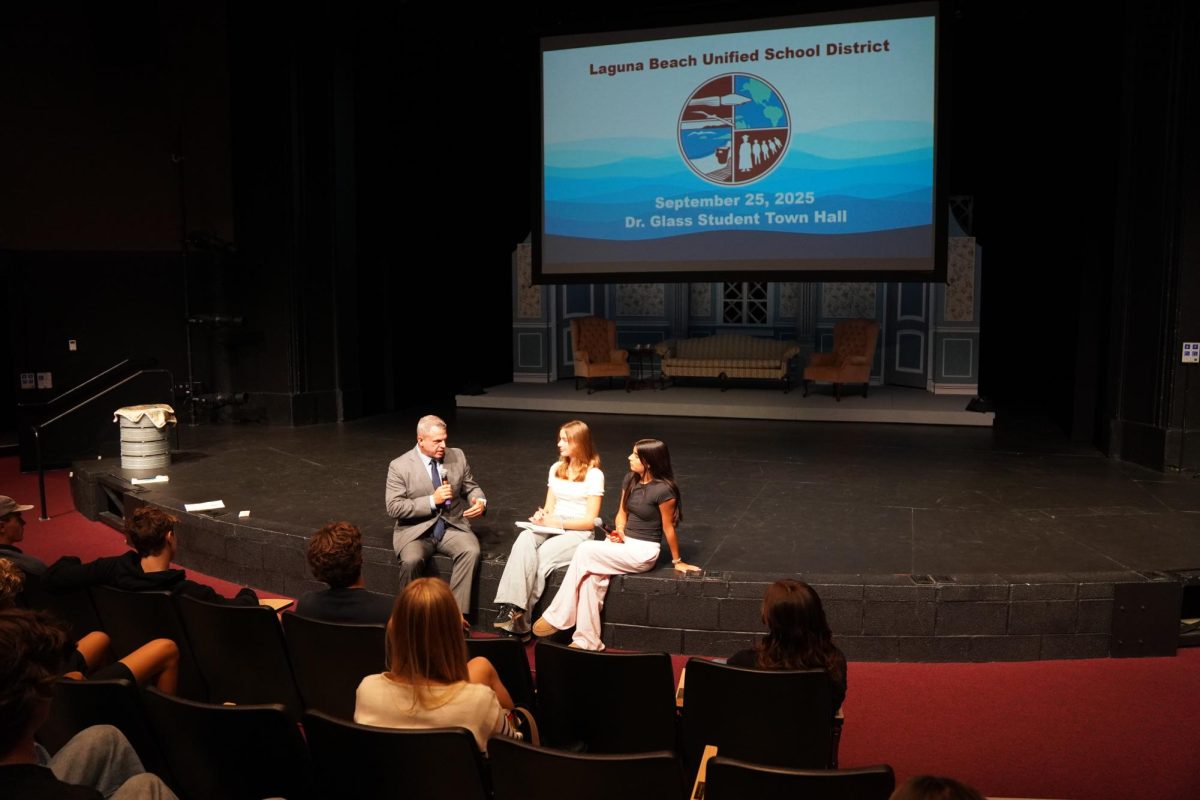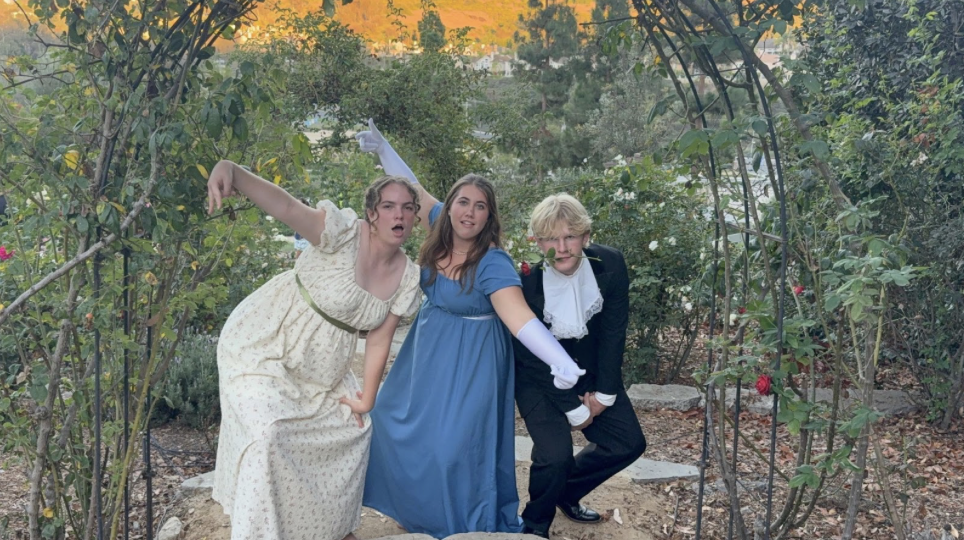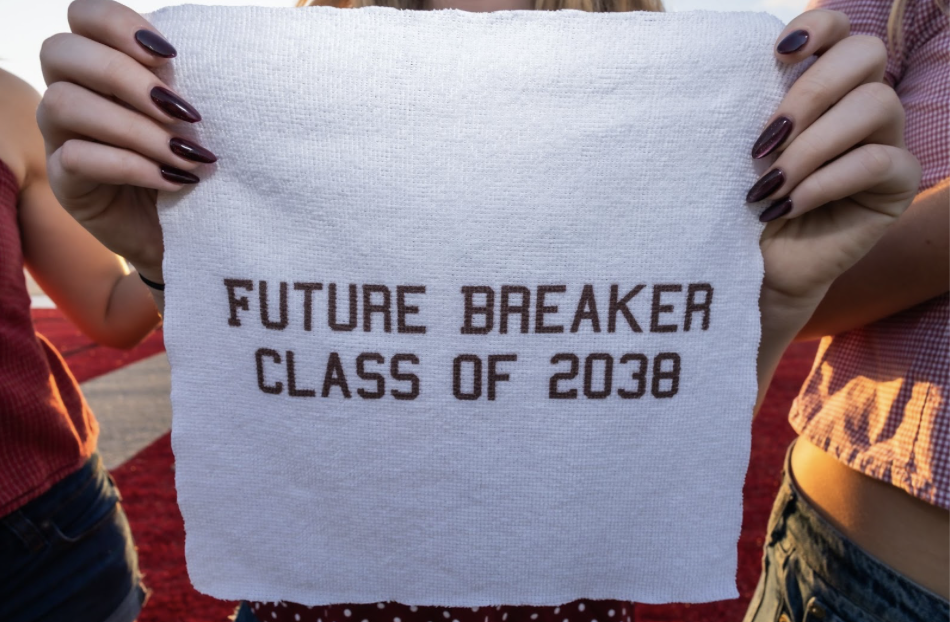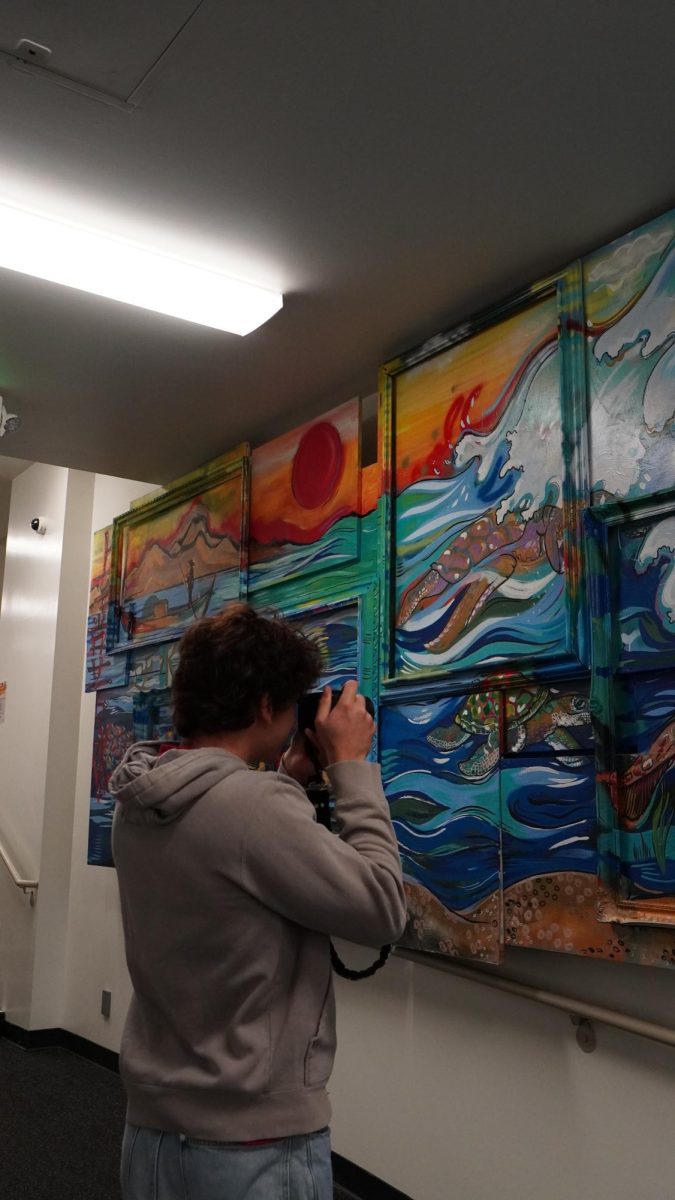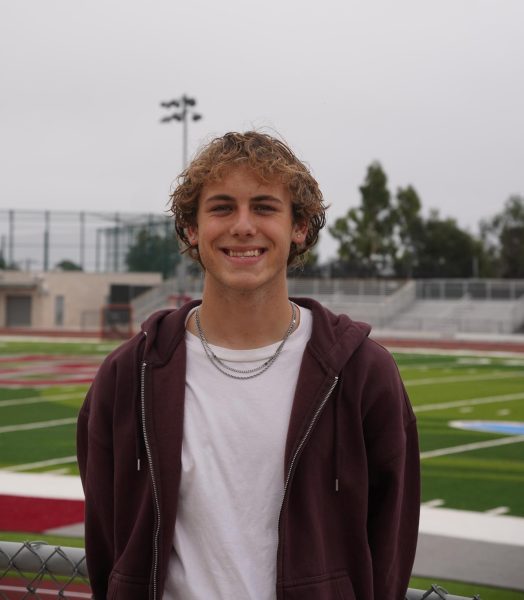There have been many faces of the civil rights movements across the world and countless activists. Few leaders have committed fully to peace.
We have Gandhi, Mother Teresa, Malcolm X, Susan B. Anthony, Desmond Tutu, Nelson Mandela, Malala, and countless others who have dedicated their lives to uplifting their fellow human beings.
One name that seems to ring louder than others, through the mountains across the nation and world, is Martin Luther King Jr.
The reverend was born in Georgia in 1929 and was known as Michael King Jr., as his father was Michael King Sr. Five years later, his father changed his name in honor of the German Reformation leader, Martin Luther. The young child’s name subsequently became Martin Luther King Jr.
One of the most astonishing things about Dr. King was his unbiased nature and love toward all. It is well known that when telling the parable of the good Samaritan, Jesus said you must love your neighbor. When someone asked who his neighbor was, the pastor responded with the parable and the fact that everyone is your neighbor on this planet.
The point is that people rarely follow this teaching, whether they are Christian or not. The idea in itself is not religious; therefore, I believe everyone should follow it dearly. Our elders tell us to love another, yet as a society, we are quite narcissistic and often too hateful.
Dr. King preached and followed that it is necessary to love your neighbor, treat them as you would want to be treated, and love those who persecute you—no matter how difficult it may be.
Many people say they are a follower of Christ or another religious/cultural figurehead, like the Prophet Muhammad or Buddha, yet few actually honor the words and preachings of those they follow.
Dr. King had a love for all, whether Black or white, Christian or Muslim, Jew or Gentile, Hispanic or Asian. He firmly stood by the words “all men are created equal.” Whether our country has stayed true to that or not is debatable.
One thing I have always admired about Dr. King was how he stayed true to his way of nonviolent protest. He has been assaulted, persecuted, and thrown in jail, yet he never sought revenge. Yes, he was human, and I’m sure he may have had points where he wished bad things to happen. However, he never followed through with any sins and stayed true to himself. Even when Dr. King was assassinated, I believe he would still wish that his killer would seek help, repent, and receive some form of forgiveness.
An activist I have always found very interesting is Malcolm X, later known as el-Hajj Malik el-Shabazz. The man faced many hardships in his life, so it is understandable how he was molded into an indignant person who viewed violence as necessary for the civil rights movement to succeed. He inspired many to stand up courageously for what they believe in, even if it painted a big, red target on their backs.
The true brilliance of MLK is that he endured obstacles in life, endured racial segregation, endured threats on his and his family’s life, endured time in jail, and through all of it, he remained himself and still met his goals.
Dr. King inspired many throughout his life and still now way after his untimely death. Strength to Love, a collection of sermons he gave, made me rethink how I interact with people and go about everyday life.
One of my favorite parts of the book is when he touches on how people must have tough minds and tender hearts. He meant that you must stay true to yourself and have your own opinions (being a nonconformist) while maintaining a love for others and the world. Your brain and your heart must coexist, as one without the other will most likely lead to a lonely and disappointing life.
On Jan. 15, 1929 in Atlanta, Georgia, Michael King Sr. and Alberta King probably didn’t think their newborn son would inspire a community, a state, a nation or the world. They definitely didn’t foresee his statue standing in Washington D.C. or his words echoing in history books.
MLK Day reminds us that the best offense is sometimes no offense. Hate doesn’t need to be combated with hate and violence; it must face the strength of love.
“Yes, if you want to say that I was a drum major, say that I was a drum major for justice, say that I was a drum major for peace, I was a drum major for righteousness, and all the other shallow things will not matter.” — MLK at Ebenezer Baptist Church February 4, 1968.

